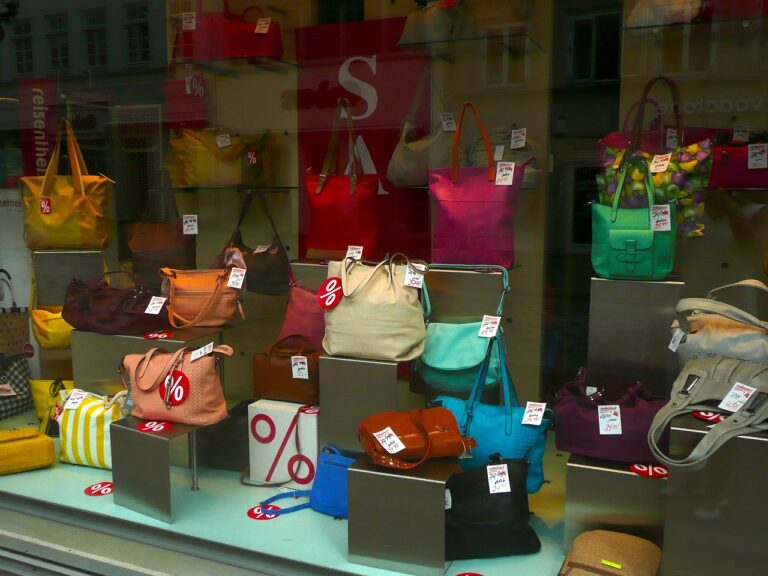The Sharing Economy: Renting and Swapping Instead of Buying
Renting and swapping offer countless advantages to consumers seeking affordable and sustainable alternatives to traditional buying practices. By renting items such as clothing, electronics, or tools, individuals can access high-quality products without the hefty price tag associated with purchasing them outright. This can not only save money but also reduce clutter in homes, promoting a minimalist lifestyle and decluttering spaces.
Additionally, swapping items with others allows for a more environmentally friendly approach to consuming goods. Through platforms that facilitate swapping, individuals can find new homes for items they no longer need, reducing their carbon footprint by extending the life cycle of products. This circular economy model promotes the reuse and recycling of goods, contributing to a more sustainable and eco-conscious way of living.
Popular Platforms for Renting and Swapping
One of the well-known platforms for renting and swapping goods is Airbnb, which revolutionized the hospitality industry by offering a vast array of accommodations worldwide. Through Airbnb, users can rent out their homes, apartments, or even individual rooms to travelers seeking a unique lodging experience. This platform has not only provided an alternative to traditional hotels but has also allowed people to monetize their unused spaces efficiently.
Another popular platform for swapping items is Bunz, which began as a grassroots movement in Toronto, Canada, and has now expanded to other cities. Bunz enables users to trade goods and services without using money, fostering a sense of community and sustainability. With a focus on bartering for essentials like clothing, household items, and even skills, Bunz encourages a more mindful consumption approach while promoting a spirit of goodwill among its users.
• Airbnb revolutionized the hospitality industry by offering a vast array of accommodations worldwide
• Users can rent out their homes, apartments, or individual rooms to travelers
• Provides an alternative to traditional hotels and allows people to monetize their unused spaces efficiently
• Bunz began as a grassroots movement in Toronto, Canada and has expanded to other cities
• Enables users to trade goods and services without using money
• Focuses on bartering for essentials like clothing, household items, and skills
• Promotes a more mindful consumption approach while fostering goodwill among users
Environmental Impact of Renting and Swapping
Renting and swapping goods and services are increasingly popular practices that offer benefits beyond just financial savings and convenience. By participating in rentals and swaps, individuals contribute to reducing waste and the extraction of new resources, which in turn helps lower the overall environmental impact. This shift towards a more sustainable consumption model can play a significant role in mitigating the negative effects of overconsumption on our planet.
Furthermore, renting and swapping often lead to fewer items being disposed of prematurely, reducing the burden on landfills and decreasing the energy required for the production and disposal of new products. As people become more conscientious about their consumption patterns and opt for sharing rather than owning, the environmental benefits continue to accumulate. Embracing the sharing economy through renting and swapping not only promotes a more eco-friendly lifestyle but also encourages a sense of community and collaboration among individuals.
What are some benefits of renting and swapping?
Some benefits of renting and swapping include saving money, reducing waste, and promoting a circular economy.
What are some popular platforms for renting and swapping goods?
Some popular platforms for renting and swapping goods include Airbnb, Rent the Runway, and ThredUp.
How does renting and swapping goods help the environment?
Renting and swapping goods help the environment by reducing the demand for new products, extending the lifespan of items, and minimizing waste.







